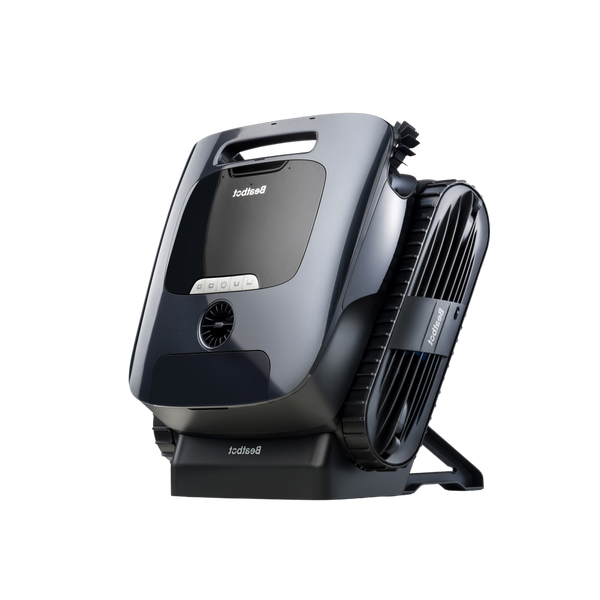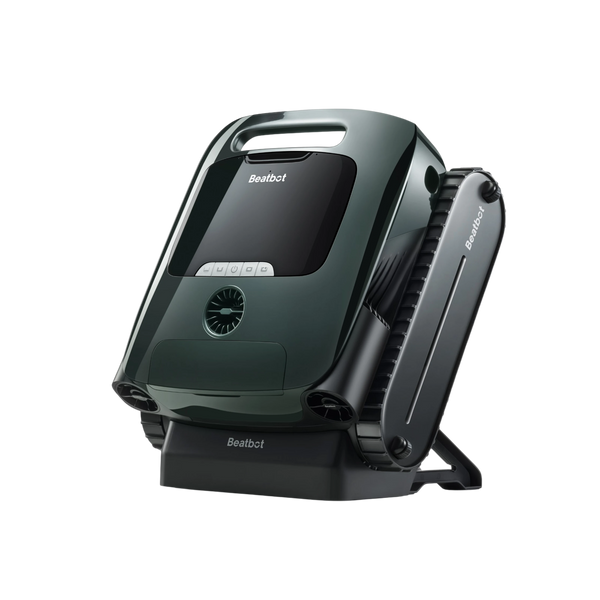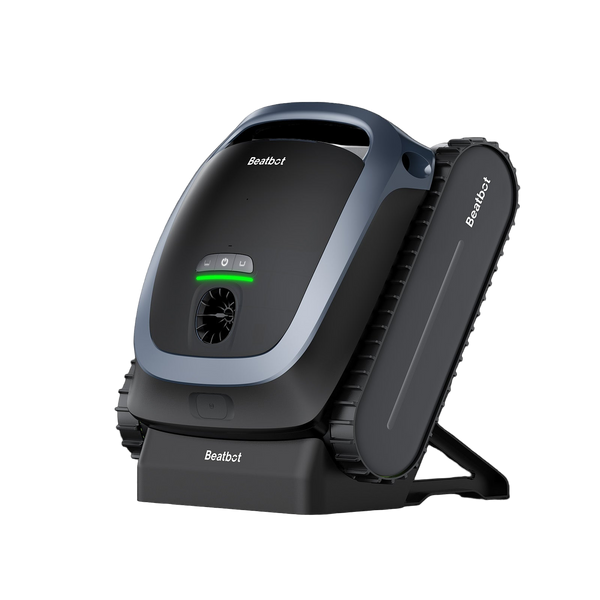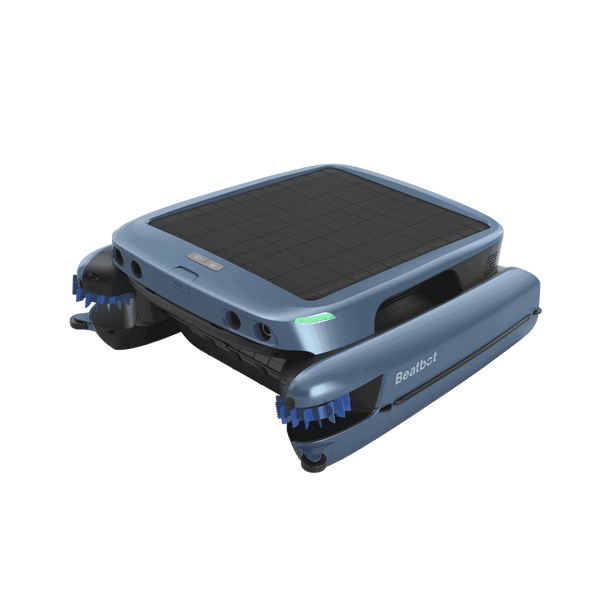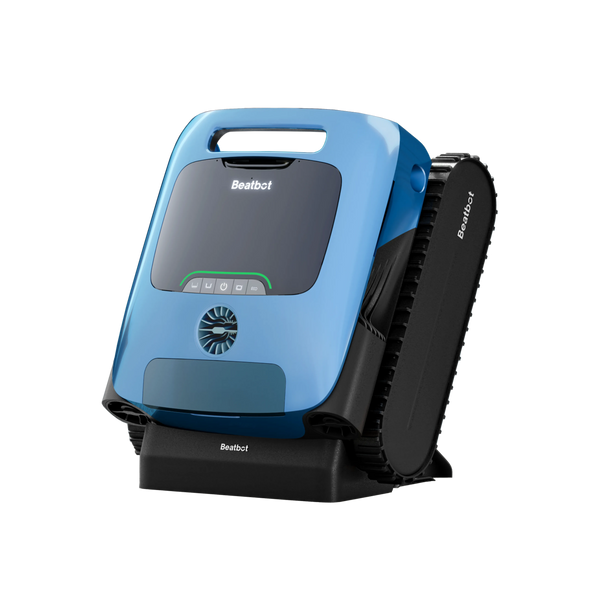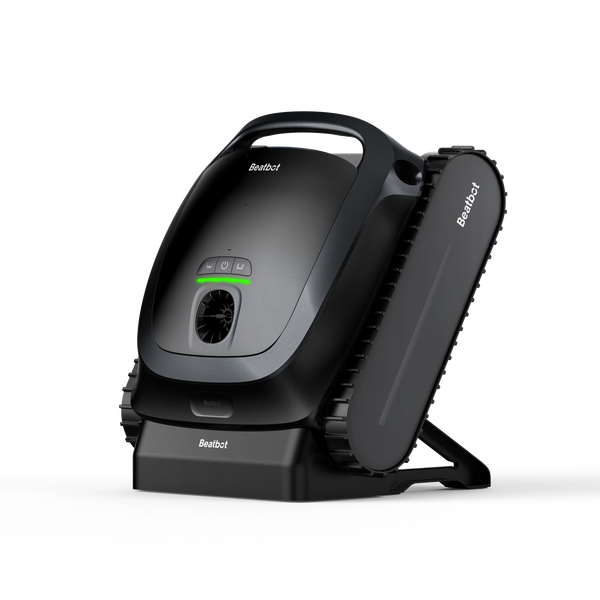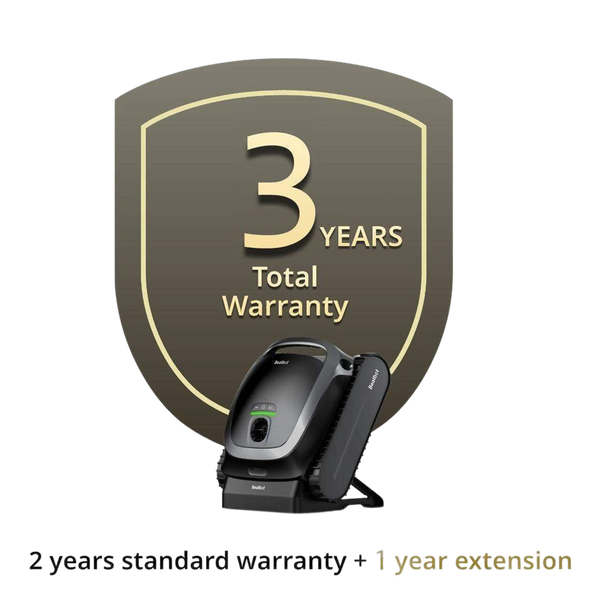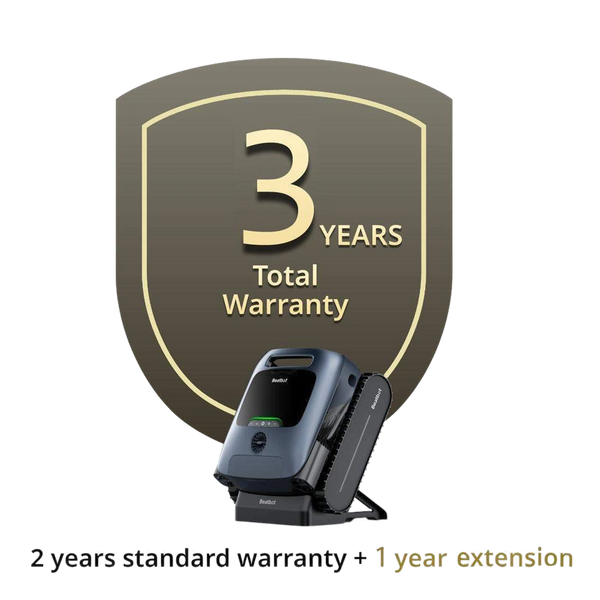When I first thought about getting a pool, I didn't think about calcium levels or how fast blood flows. I thought about summer afternoons, drinks by the water, and maybe even how to teach my kid how to do a cannonball the right way.
What did I miss? I was sitting on the edge with a testing strip in one hand and Google in the other, trying to figure out if "total chlorine" and "free chlorine" were the same thing. Or that I'd know how many gallons my pool holds, what the pressure gauge should say, and how to tell if an algae bloom is just starting.
You can't just throw a chlorine puck into the pool and hope for the best. You have to keep doing chemistry, checking the equipment, getting ready for the next season, and cleaning up when your crystal-clear water turns green overnight. And even though none of it is rocket science, it takes longer and costs more than most new pool owners think it will.
This guide will give you all the information you need. If you know the full cost picture, you can avoid surprises, stay on budget, and keep your pool ready when you need it most, whether you plan to do it yourself or hire a pro from the start.
The Numbers Behind the Real Cost of Pool Care
How much money do you need to set aside each year just to keep your pool clean and usable? There are more things than just chlorine tablets and a skimmer net, so don't worry.
The base cost of keeping your pool up depends on a number of things, such as the type of pool you have (above ground or in ground), how often you use it, the weather where you live, and whether you do the work yourself or hire someone else to do it.
Because they are smaller, use less water, and have simpler equipment, above-ground pools are usually easier to take care of. In-ground pools can cost a lot more, especially if they are bigger, have heaters, and lights built in.
You might have to pay for maintenance all year long if you live in a place with a mild climate where your pool stays open most of the year. You might get a break if you winterize your pool for a few months, but getting ready for the season costs money in its own right (we'll talk about those in a minute).
Estimated monthly and yearly costs:
-
It costs between $60 and $180 a month to keep an above-ground pool.
-
Having an in-ground pool costs between $90 and $250 a month.
-
Depending on the type of pool and how it is serviced, the cost per year can be anywhere from $720 to $3,000 or more.

How Much You Really Pay Every Month
People often think of a guy who takes leaves off the top of the water once a week when they talk about taking care of a pool.
What really eats up your monthly maintenance budget?
You need to clean first. You can either do this yourself or pay someone else to do it. Cleaning your own home means checking the filter, brushing the walls, and emptying the skimmer baskets. You can do it, but you have to keep going. Are you going to hire someone? You should be ready to pay for convenience.
The next step is to use chemicals. In some ways, pool water is like a tightrope walk. You should check that the chlorine, pH, alkalinity, and calcium hardness levels are all correct. You could get cloudy water, scale buildup, or even skin irritation if you don't do them right.
After that, there is power. They also use power if you have a heater or a saltwater chlorinator. It's likely that your pool pump runs for a few hours every day. If you use energy wisely and have good equipment, these costs can be lower, but they are still a factor.
We also need to think about the equipment itself. You should service and replace pumps, filters, chlorinators, heaters, and other equipment on a regular basis.
Costs each month:
-
For each visit, cleaning services cost between $55 and $120.
-
Chemicals: $30 to $100
-
The price of electricity is between $20 and $80.
-
Some parts cost more to fix or replace than others (from $150 to $700 or more).
The cost of water top-ups depends on where you live and how much you use.

The Costs That People Don't Talk About
Algae blooms? They do happen. A broken pump, a few days of rain, or a missed chemical check are the most common reasons. When your water changes from turquoise to pea soup, a $10 bottle of chlorine won't be enough.
Next, there is maintenance that needs to be done every season. You need to winterize your pool if you live somewhere that gets real winters. That means taking some parts of the system out, adding antifreeze, and putting on a cover. In the spring, you'll do the opposite, usually after cleaning up a sad layer of leaf sludge.
Cost Estimates for Different Situations:
Fixing a green pool costs between $300 and $1,200.
It costs between $150 and $500 to open in the spring or close in the fall.
Deciding Whether to Do It Yourself or Get Help
You might think that doing everything on your own would cost less. Yes, in a word. Yes, but...
You will definitely save money by doing your own maintenance, especially over the course of a whole season. You need to learn a little, stick to a schedule, and be ready to fix things when they break or the water turns a strange shade of teal.
You will feel better if you hire a pro, even though it will cost more. Many pool technicians can spot problems before they get too bad. Some even offer packages that include weekly cleaning, chemical care, and opening and closing for the season.
Most pool owners are in the middle: they take care of the pool themselves every week, but they hire someone to help with big seasonal tasks or technical problems.
You can do things yourself with test kits, skimmers, vacuums, and brushes.
1 to 2 hours a week
Pro services cost between $55 and $120 per visit, depending on the package and where you live.
Ways To Save Money Without Being Stingy
You don't need to spend a lot of money to keep your pool clean and working well. If you plan ahead, you can save a lot of money without having to give up safety or water quality.
A good pool cover is a good place to start. It keeps dirt out, slows down evaporation, and helps keep heat in. Next, buy your chemicals in large amounts, especially when they're on sale. You might also want to get a pump that can change speeds instead of one that only has one speed. Over time, it uses a lot less power.
One of the best ways to keep your water clear and your surfaces clean while doing less work every day is to use an automatic pool cleaner. The Beatbot AquaSense Pro 2 Ultra works well for both above-ground and in-ground pools. It has smart navigation, powerful scrubbing, and advanced filtering. You also don't need your main pool pump to use it. The initial cost may be higher than that of manual tools, but it can cut down on the use of chemicals, make pool finishes last longer, and save you hours of work each week.
You can also avoid using too much (and paying too much) by automating tasks like filtering and adding chemicals with smart timers or controllers. Lastly, don't forget to keep your regular appointments. You could save $1,000 on repairs later by paying $100 for a service call now. A $100 service call now could save you $1,000 later if your equipment breaks.
Important ways to save money:
-
The pool cover keeps the water from evaporating and stops trash from building up.
-
It's cheaper to buy chemicals when they're not in season, and they last longer.
-
Tools that use less energy: Save money on electricity over time
Because they are so accurate, smart controllers make fewer mistakes.
Preventive maintenance means fixing problems before they get worse, which saves money on big repairs.
FAQs
What is the average monthly cost to maintain a pool?
Most pools cost between $60 and $250 per month, depending on size and maintenance style.
Is it cheaper to maintain a pool yourself?
Yes, DIY maintenance saves money but requires time, tools, and consistency.
How much does it cost to fix a green pool?
Green pool recovery typically costs between $300 and $1,200, depending on severity.
Are robotic pool cleaners worth it?
Yes. They save time, reduce chemical use, and lower long-term cleaning costs.
